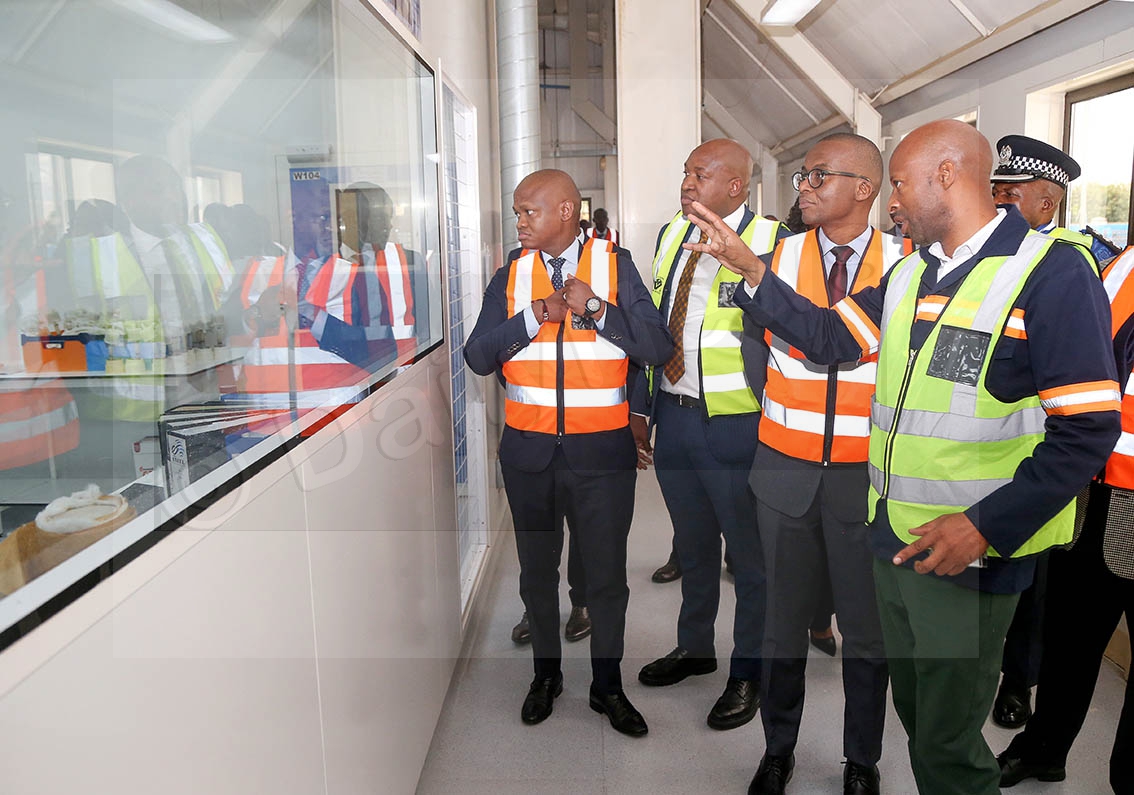Civil society key in combating illicit financial flows
16 Oct 2025
Civil society organisations have a duty to work toward assisting African nations combat the growing scourge of money laundering,terrorism financing and illicit financial flows.
These were the sentiments echoed by the President Advocate Duma Boko during a keynote address to the High Level Africa Civil Society Conference on Anti-Money Laundering and Countering Financing Terrorism held in Gaborone on October 16 .
The President urged delegates from civil society institutions across Africa to use their three-day deliberations to engage and introspect on how to best combat money laundering and financing terrorism.
President Boko said countering the financing of terrorism and illicit financial flows should entail an honest discourse down to the grassroots.
“Why do we have this big challenge of money laundering? What money is this that is being laundered? Where does it come from? Because we are trying to establish the channels through which it moves and flows. What is its source and origin? Where does it come from? President Boko said.
He said civil society organisations, which were drawn from the community and work closely with the people at grassroots level, needed to consistently probe those in public office who may partake in the misuse of public funds.
“When those who hold public office turn the public purse entrusted to them into their own private chest, this is the real problem. These funds, these resources, this wealth is illegally obtained, stolen, obtained corruptly, then channeled and concealed, beyond the reach of crime intelligence organisations. This is what we are wrestling with,” he said.
Acknowledging that civil society formations in Botswana were weak, owing to a lack of sufficient financing, apart from labour organisations, which relied on the monthly member subscriptions, President Boko called on trade unions to utilise their resources to be the anchor of national civil society.
He called on civil society to also self-introspect how they could be used to partake in or aid and abet illicit financial flows, ‘so that when civil society probes leaders, politicians, they themselves must have already submitted to self-examination.’
President Boko said Botswana would continue to submit as a country to the evaluations that take place periodically, including an upcoming evaluation in 2027 that would determine whether Botswana was fully compliant with Financial Action Taskforce (FATF) global regulations.
“We have made impressive strides. But we are not there yet. And sometimes when we celebrate the little successes that we have attained, we might become complacent. Let me remind government that we are not there yet,” President Boko said.
The Minister of Labour and Home Affairs, Major General Pius Mokgware buttressed the argument that civil society organisations were key in combating money laundering and terrorism financing.
He said as largely community based institutions, civil society formations should collaborate into a network that offered strategic direction and accountability to combat the human suffering that is brought about by illicit financial flows.
For his part, Executive Director of Civic Advisory Hub, Mr Yona Wanjala said Africa lost about US$88 billion (over P1 trillion) annually to illicit financial flows, which throve on the erosion of good governance and human rights, the suppression of oversight and accountability, and thus required an active role by civic organisation in offering a solution. ENDS
Source : BOPA
Author : Pako Lebanna
Location : GABORONE
Event : Keynote address
Date : 16 Oct 2025




